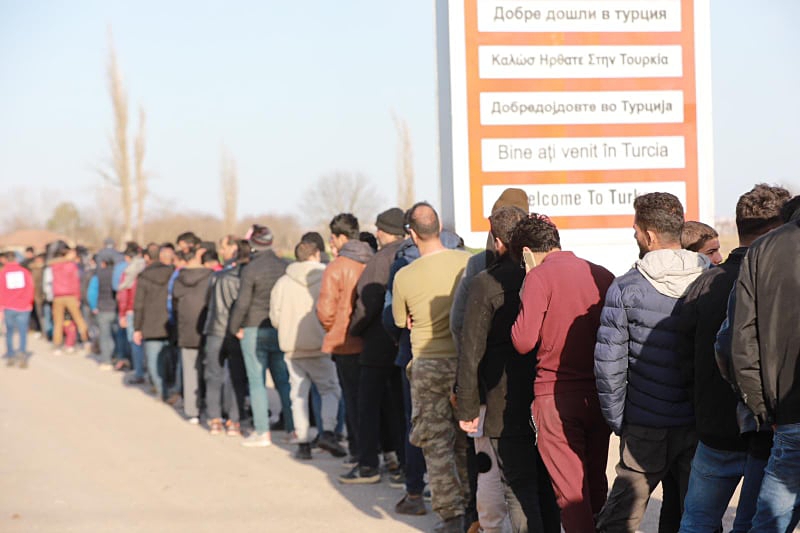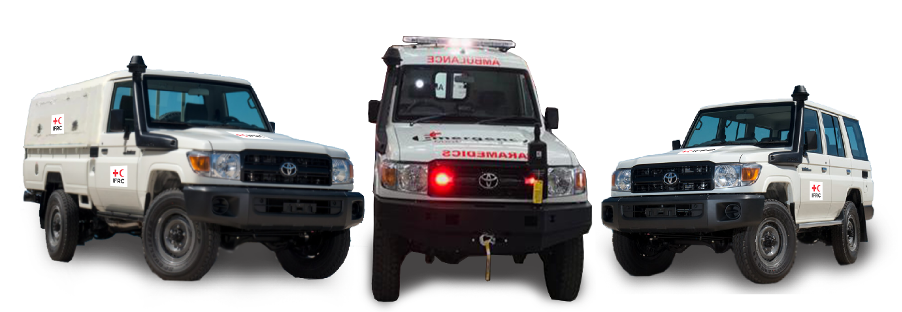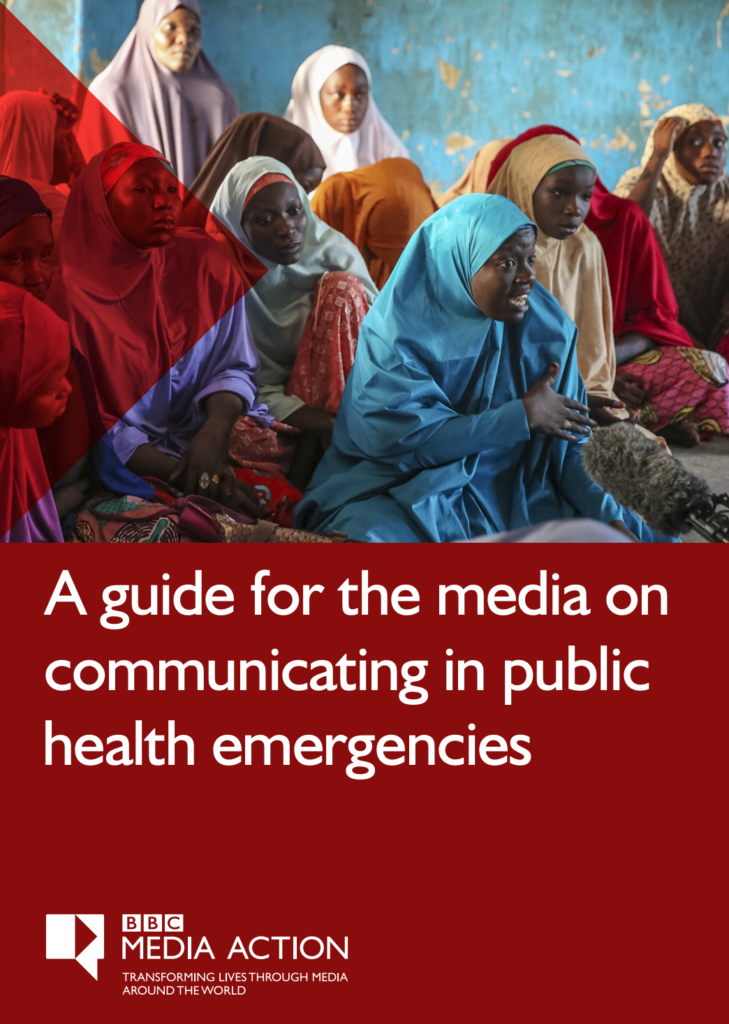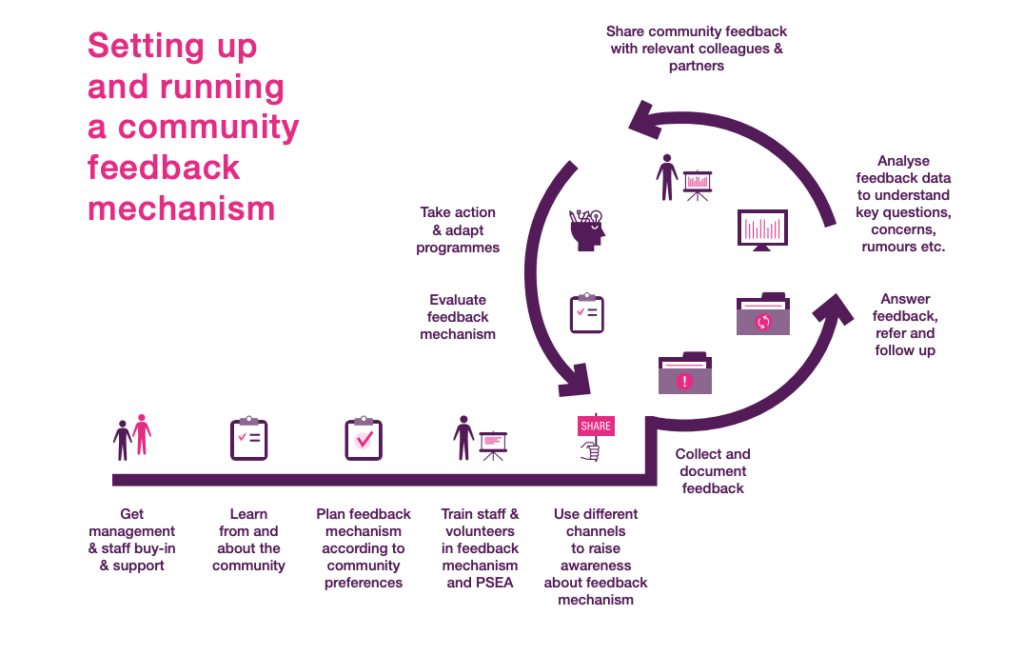COVID19: Guidance and instruction for Rapid Family Links Needs Assessment
In line with the CTA note and material developed for RFL during COVID19 and the RFL in disasters field manual the rapid RFL assessment will focus on categories of persons at particular risk of been separated or going missing due to the COVID19 and provide guidance to assess how existing RFL programs and activities provided […]
COVID19: Guidance and instruction for Rapid Family Links Needs Assessment Read More »







